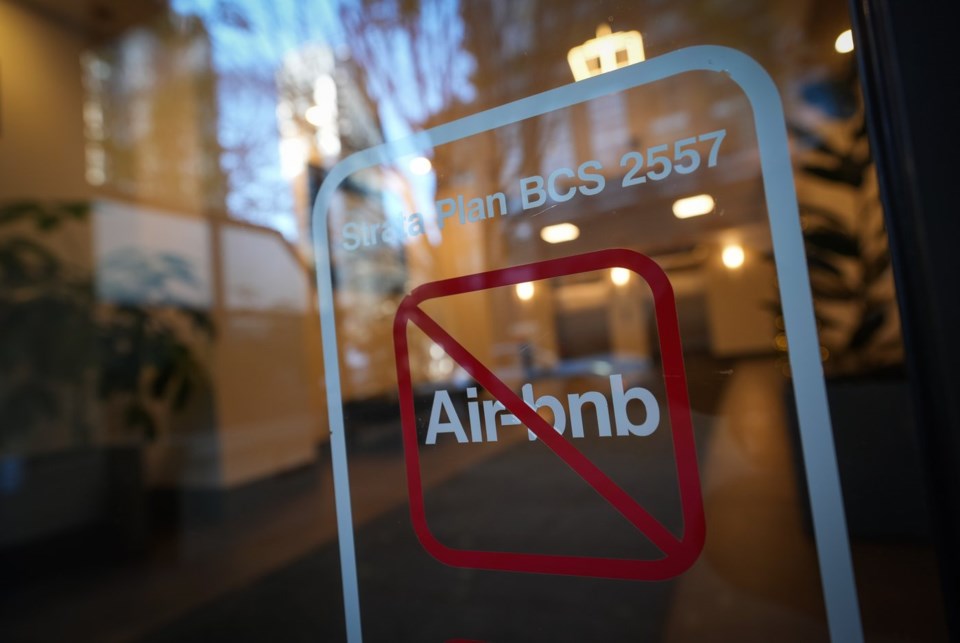VANCOUVER — The B.C. Supreme Court has certified a class-action lawsuit against Airbnb that alleges the short-term rental company has breached provincial consumer protection laws by offering unlicensed real estate brokerage and travel agent services.
Justice Elizabeth McDonald says in a decision posted online Thursday that lead plaintiff Margo Ware's lawsuit against Airbnb meets the test as a class action on behalf of consumers who paid fees or commissions when booking accommodations.
Ware's lawsuit alleges Airbnb is not licensed anywhere in Canada to provide real estate or travel agent services, nor is it registered as a money services business with the federal government.
McDonald's ruling says Airbnb and several related companies claimed Ware's lawsuit was an "abuse of process" and part of a "series of repeated, piecemeal attacks" on the legality of the company's fees charged to users.
The legal action applies to all those who made a reservation with Airbnb in Canada and outside Canada — excluding those in the United States — for accommodations in British Columbia.
Airbnb did not immediately respond to a request for comment on the ruling, and McDonald's decision says the company has not filed a response to Ware's lawsuit, which was filed in May 2022.
The ruling says the company objected to the lawsuit moving ahead because of overlapping issues with other lawsuits it faced, but McDonald found the "only overlap" was that the company was "yet again" being sued for the alleged improper collection of fees.
McDonald's ruling says Airbnb also wanted the lawsuit heard in California rather than British Columbia, but the judge found the company offered "no meaningful evidence" about why the case shouldn't be litigated in the province.
McDonald found the plaintiff "has shown a good arguable case" that, if proven, could open Airbnb up to damages under the province's Business Practices and Consumer Protection Act.
This report by The Canadian Press was first published Dec. 12, 2024.
Darryl Greer, The Canadian Press

